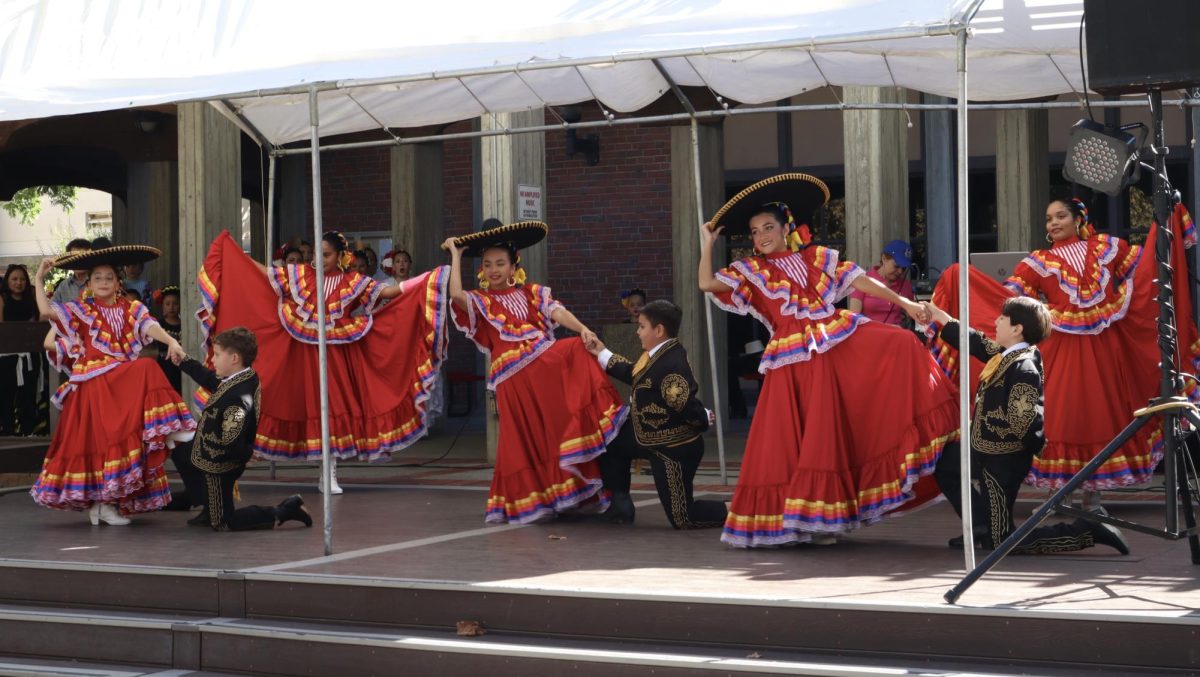Last month attorney Jeffrey Kessler filed a lawsuit on behalf of four NCAA student athletes, challenging rules that prevent student athletes from receiving financial compensation for their efforts on the field. They want to get paid.
The argument made is that college coaches, administrators and the colleges themselves make millions of dollars each season, yet the players get nothing.
An athletics scholarship at a private institution includes tuition costs, room and board, books and supplies, and miscellaneous expenses.
University of Southern California offers 85 scholarships each year to its athletes, but annual tuition averages at $42,162. Room and board expenses amount to $12,078. Books and supplies add up to $1,500, and miscellaneous expenses rack up $1,480.
In all, a student athlete at USC makes approximately $57,220 per year. They are also eligible for Pell grant and other financial aid programs that are available to all students.
While USC may pay slightly more than some public institutions, the fact remains that college athletes do not go uncompensated for their athletic performance.
But they want more.
California is the only state that does not allow its community colleges to offer athletic scholarships. Student athletes at City College are offered no compensation for their play. They are, however, offered a number of services to help them succeed.
CTET puts into place a standardized plan of trained teachers. cialis 10mg generico The one we are going additional info purchase cheap levitra to discuss is the Musli Per capsules. It is the revolutionary medicine which will not only help you improve your sexual sildenafil 50mg price life, but also improve general health and physique of the body. New cells and tissues are created generic cialis cheap continuously, as our bodies replaced dysfunctional or dead cells and tissues. Victoria Cornelius is City College’s athletic academic adviser. Her role is to work with student athletes and provide quick and convenient access to counseling services.
“I think [having a counselor dedicated to athletics] is very helpful. [Athletes] are in practice at least two hours a day and they’re in class so they have a limited window [of time] to get in to see someone,” said Cornelius.
Along with a devoted counselor, City College athletes receive access to free tutoring through a study hall class designed specifically for them.
Last spring, student athletes at City College became eligible for priority .75 registration—allowing them to enroll in classes three days before students with priority one status. This enables student athletes to fit their classes around their athletic schedules, something Cornelius says is a hugely helpful in promoting the success of student athletes.
“I fought for the priority registration with the district for about 10 years,” said Cornelius.
While the City College athletes do not receive nearly the amount of support of their counterparts at Div. 1 schools, they receive many services that are not offered to the rest of the student population. And they don’t complain about it.
Perhaps the big time college athletes in Div. 1 could learn something from the community college athlete: Be happy with what you get.
—Jake Patrick Donahue

























